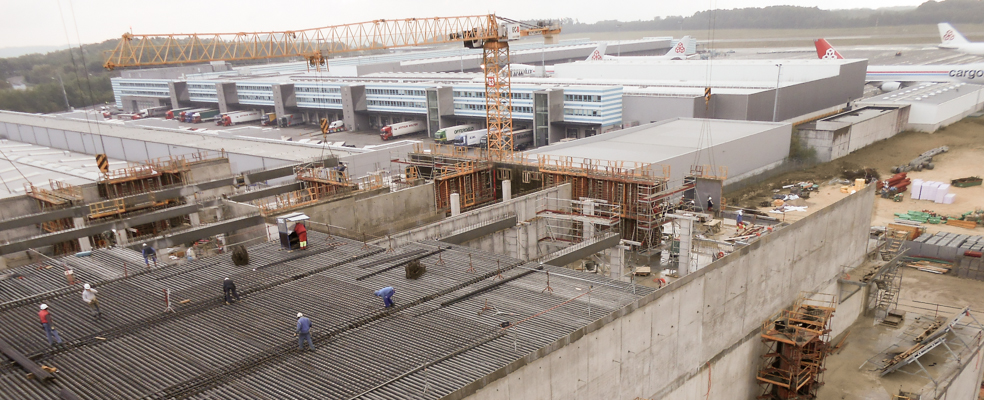Money can be off-shored and disappeared from the taxman, but how about luxury goods? “Freeports,” as they’re called, allow the super-rich a duty-free loophole for art collections and such. From the Economist:
“PASSENGERS at Findel airport in Luxembourg may have noticed a cluster of cranes a few hundred yards from the runway. The structure being erected looks fairly unremarkable (though it will eventually be topped with striking hexagonal skylights). Along its side is a line of loading bays, suggesting it could be intended as a spillover site for the brimming cargo terminal nearby. This new addition to one of Europe’s busiest air-freight hubs will not hold any old goods, however. It will soon be home to billions of dollars’ worth of fine art and other treasures, much of which will have been whisked straight from collectors’ private jets along a dedicated road linking the runway to the warehouse.
The world’s rich are increasingly investing in expensive stuff, and ‘freeports’ such as Luxembourg’s are becoming their repositories of choice. Their attractions are similar to those offered by offshore financial centres: security and confidentiality, not much scrutiny, the ability for owners to hide behind nominees, and an array of tax advantages. This special treatment is possible because goods in freeports are technically in transit, even if in reality the ports are used more and more as permanent homes for accumulated wealth.”

